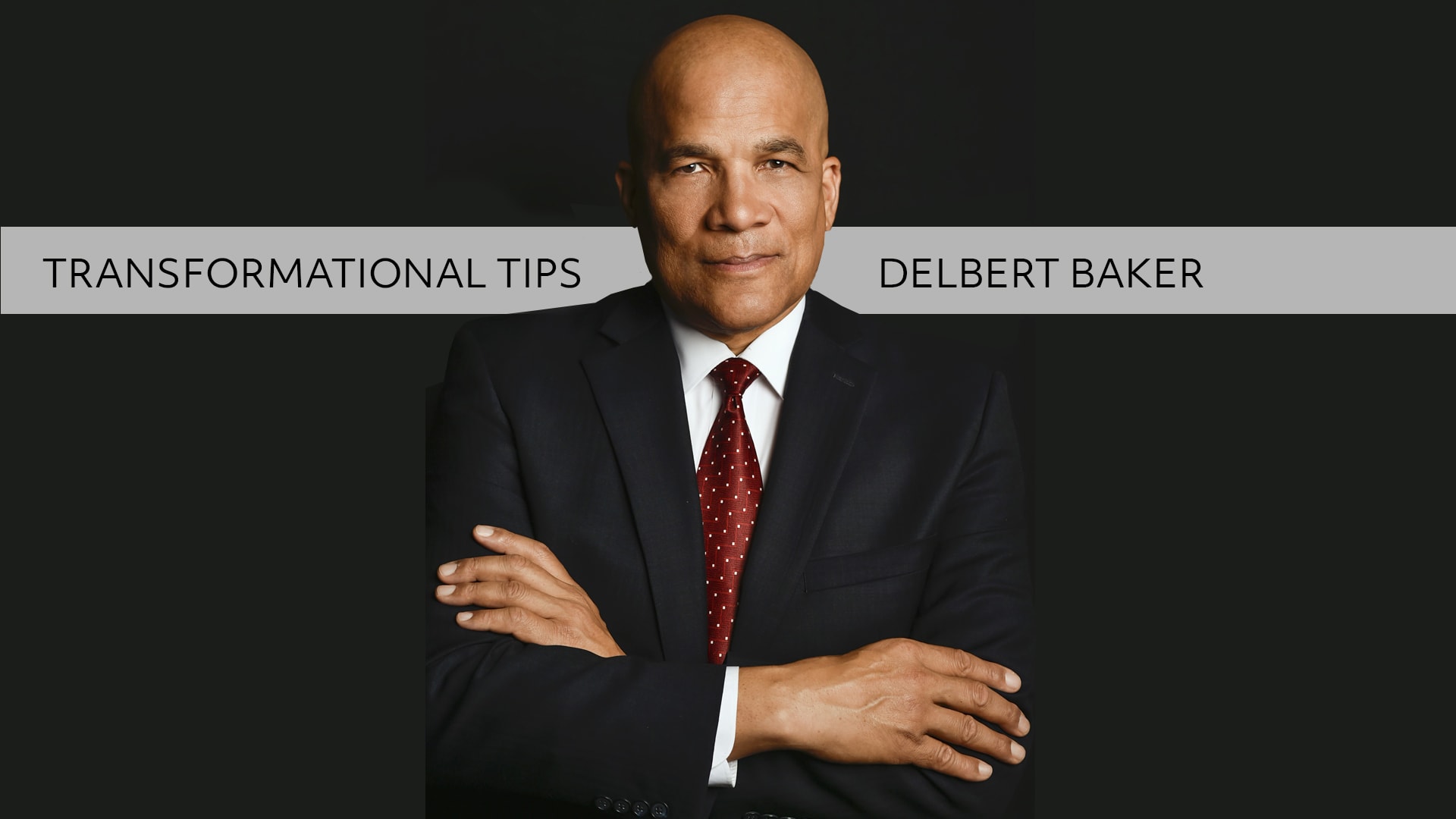
About a decade ago I ran the North Pole Marathon Grand Slam. The Grand Slam involves running marathons on each of the seven continents and on an iced-over section of the Arctic Ocean of the North Pole. It was a satisfying accomplishment, but that was then. I still exercise daily, watch my diet, and routinely seek wellness. But I now find fulfillment in less taxing ventures.
It is a fact that as we age, our strength and dexterity diminish. We see the effects of violating this principle when a once-active athlete tries to do, in later years, what he or she once did in prime. It’s called the “push-me-and-you’ll-pay effect.” If you excessively strain the body, the response will be immediate—pains, spasms, or a serious injury.
Maintaining quality of life and graceful aging requires some essential basic skills. We begin to learn these skills in our early years, refine them during middle years, and, effortlessly or effortfully, continue them in later years. I borrow the formal concept of basic life skills from my wife, a physical therapist, and call them the FEMIS Factors (Function, Education, Mobility, Independence, Safety) for ease of memory.
To maximize the FEMIS Factors into enriching life, two empowering Bible principles are helpful. First is Paul’s “work it out” principle (see Phil. 2:12). Meaning, we have a responsibility to do our cooperative part in our salvation and self-improvement. Second is Ellen White’s “master the basics” mindset. Here we intentionally learn the practical essentials of life (i.e., mind, body, spirit, social) for temporal and eternal service.*
As we mature, these basic skills become increasingly valuable. They increase in worth as we progress throughout life. If we lose any of them through accident, illness, or disability, we will probably spend significant time seeking to regain or compensate for them. Here they are:
1. Function. This is the ability to effectively do the basic activities of daily living (ADL), such as bathing, dressing, eating, and toileting. Function also includes the instrumental activities of daily living (IADL), such as cooking, housecleaning, shopping, and personal finance.
2. Education. This includes continuous lifelong learning and growth in the mental, physical, social, and spiritual domains, along with the occupational and financial realities. All these make up the core of life’s advancement and activities. A primary goal of life is to be always learning, growing, progressing. Always developing and improving.
3. Mobility. Movement, range of motion, activity, and exercise remain vitally important throughout life. They help us to perform life activities, facilitate management of stress, increase sociability, boost brain performance, and improve sleep and energy levels. Basic mobility is necessary at each stage of life.
4. Independence. Independence is the tendency to practice self-efficacy and personal initiation. This results in successful performance of the purpose of your life, and it flows into the functions of service and goodness for God and society. Independence results in the wonderful practice of thinking and acting autonomously, ideally, for good and noble outcomes.
5. Safety. Often overlooked, this crucial skill strategically improves our overall ability to wisely manage risk, harm, danger, and crises. It means we are individually, socially, and morally careful and proactive. Safety is a practical and crucial skill that preserves one’s continual existence and longevity.
So, the FEMIS Factors purposefully focus attention and energy on these fundamental threads that continue throughout life. These skills may take various forms and priority in the different stages. Nevertheless, vigilant improvement in these areas need to be conscientiously maintained throughout life.
Think about these FEMIS Factors. Analyze how they are working with you. Prioritize and improve them. Refine and share them. With diligence and intentionality, they can add a fresh, exciting perspective to your life, leadership, and witness.
Delbert W. Baker, Ph.D., resides in Laurel, Maryland. He is director of Research and Development for the Regional Conference Retirement Plan/Office of Regional Conference Ministries. His wife, Dr. Susan Baker, is an educator and practicing physical therapist.
* Ellen G. White, Education (Mountain View, Calif.: Pacific Press Pub. Assn., 1903, 1952), pp. 221, 222).